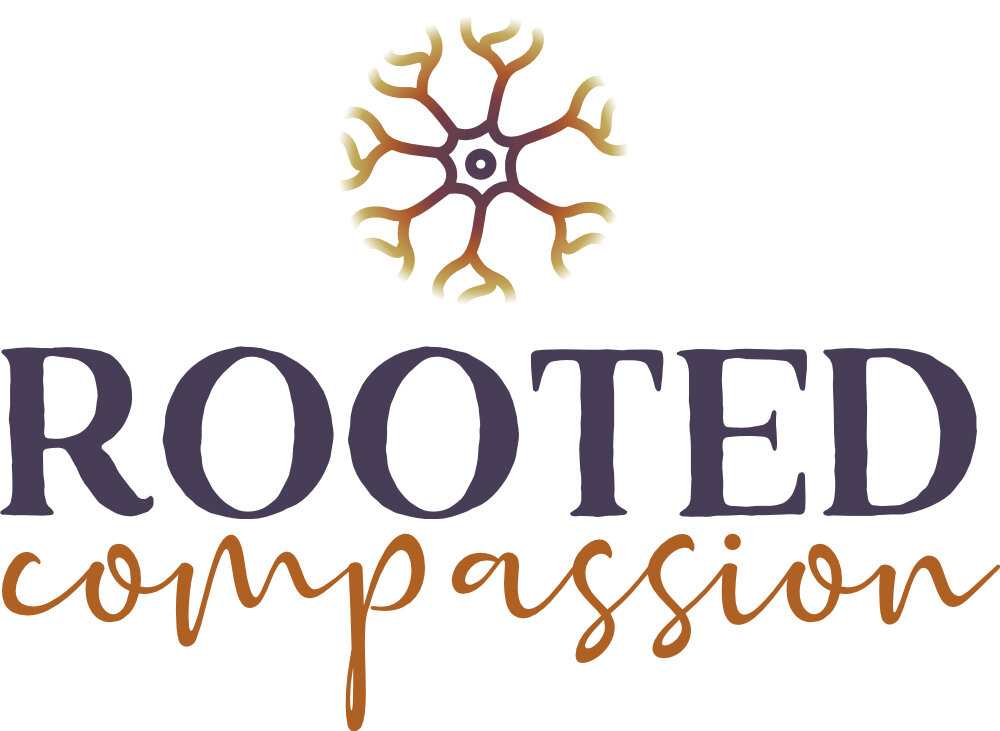
Blog

Polyvagal Theory, Session 3
Mental health counselor and therapist, Amy Stenger-Sullivan speaks more on the Polyvagal Theory and how we can use the teachings within this theory to help us through uncertain times. Dr. Stephen Porges’ Polyvagal Theory dives into the science behind our human instinct of survival, both physically and emotionally. Amy discusses Dr. Porges’ four survival responses as flock, flee, fight, and freeze. As one of ten children, Amy had to discover ways to connect with her older siblings, which led her to discover her humor. She found that she could use humor to connect (and emotionally survive) with her older siblings and soon started using humor as her survival mechanism. When thinking about your own wellness, Amy challenges you to ask yourself, “What are my survival mechanisms? How do I use them? Is it helpful or hurtful to me?”

Polyvagal Theory, Session 2
Our connection and attachment to others is key to our survival, which proved difficult as the pandemic roared on. Dr. Stephen Porges, founder of the Polyvagal Theory, states that our main function as human beings is to survive (both physically and emotionally) and our survival is dependent on our connection to others. Amy Stenger-Sullivan has been studying the Polyvagal Theory for nearly ten years and now applies it in her therapy sessions when walking alongside her clients dealing with trauma, anxiety, depression, and grief. Amy first started her study of the Polyvagal Theory as an infant massage therapist. She talks through the effects of the pandemic on our physical, emotional, financial and mental health and how maintaining connection with those around us, in a safe way, will be crucial in our ability to thrive.

Polyvagal Theory, Session 1
As a Licensed Professional Clinical Counselor, Amy Stenger-Sullivan recognizes the dangers of the pandemic have brought on new and real feelings of vulnerability and insecurity for many of people. Through her in-depth study of the Polyvagal Theory, Amy talks about the function of the vagus nerve and how it directly relates to feelings of being unsafe leading to anxiety, depression, etc. She provides practical ways to stimulate your vagus nerve to lower your heart rate and your anxiety in hopes of reaching the feeling of felt safety.
